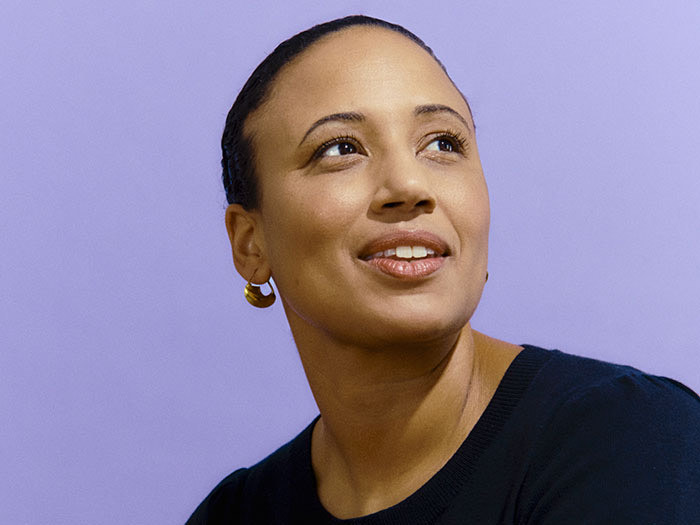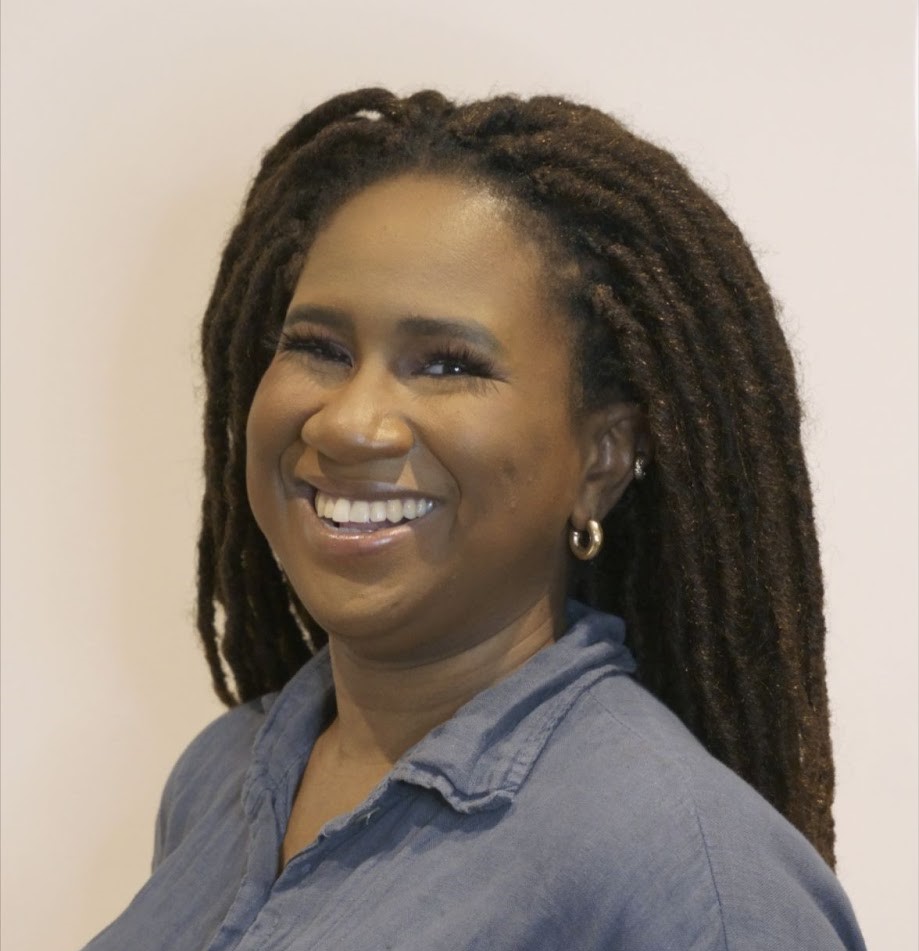From Climate Change to Climate Justice: A BIPOC Perspective in Europe
Location: Betonhalle
This breakout session will double as the launch of Systemic Justice’s speaker series, which tells an alternative story of the climate emergency in Europe from the perspectives of Black, Indigenous, and Communities of Colour who have laid the foundation for the movement we’ve come to recognize today.
In this inaugural panel discussion, our aim is twofold:
We will set out to introduce and legitimize climate justice as more equitable and just approach than current methodologies used to evaluate the cause and effect of climate change and shape climate policy in Europe.
We will set the stage for forthcoming topics in the series. By doing so, we will provide audiences with a robust foundation to ground their understanding of climate justice and related concepts. Moreover, the discussion will begin to establish a shared language and narrative which we intend to develop over the course of the series.
Addressing the challenge:
We acknowledge that climate justice remains a relatively new and unfamiliar concept in the mainstream public discourse around climate change. Therefore, this breakout session will serve as an open forum – a communal space (led by BIPOC voices that are involved in community connected work) for deep exploration and the exchange of ideas related to for example, the history of climate justice, why it’s relevant for everyone, and how communities are developing real solutions to respond to the crisis.
By the end of the session, we will have an emerging shared vision and narrative of true climate justice.
Presented by Systemic Justice:
Founded in late 2021, Systemic Justice is the first Black-led, majority BPOC organisation in Europe working on strategic litigation.
We work to radically transform how the law works for communities fighting for racial, social, and economic justice by building their power to leverage the courts in their campaigns for change and opening up their access to justice. We do this by 1) building the power of organisations and movements; 2) launching community-driven litigation; and 3) scaling impact by promoting equitable working models with the broader field of litigators.
Our central premise is that communities should be in the driver’s seat when it comes to using litigation as a tool in their campaigns for justice. They need to set the objectives, articulate the remedies, and frame the narrative, with litigators supporting the cause by doing the legal legwork that comes with it.





